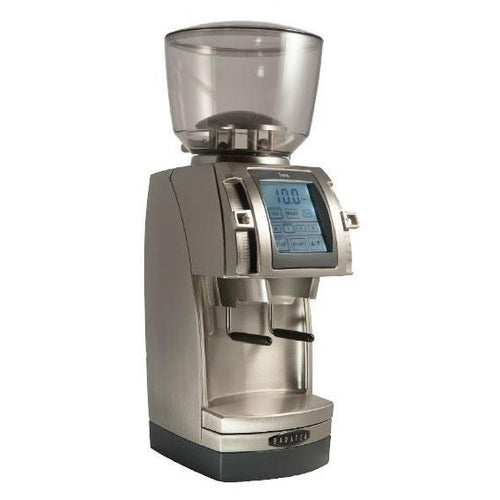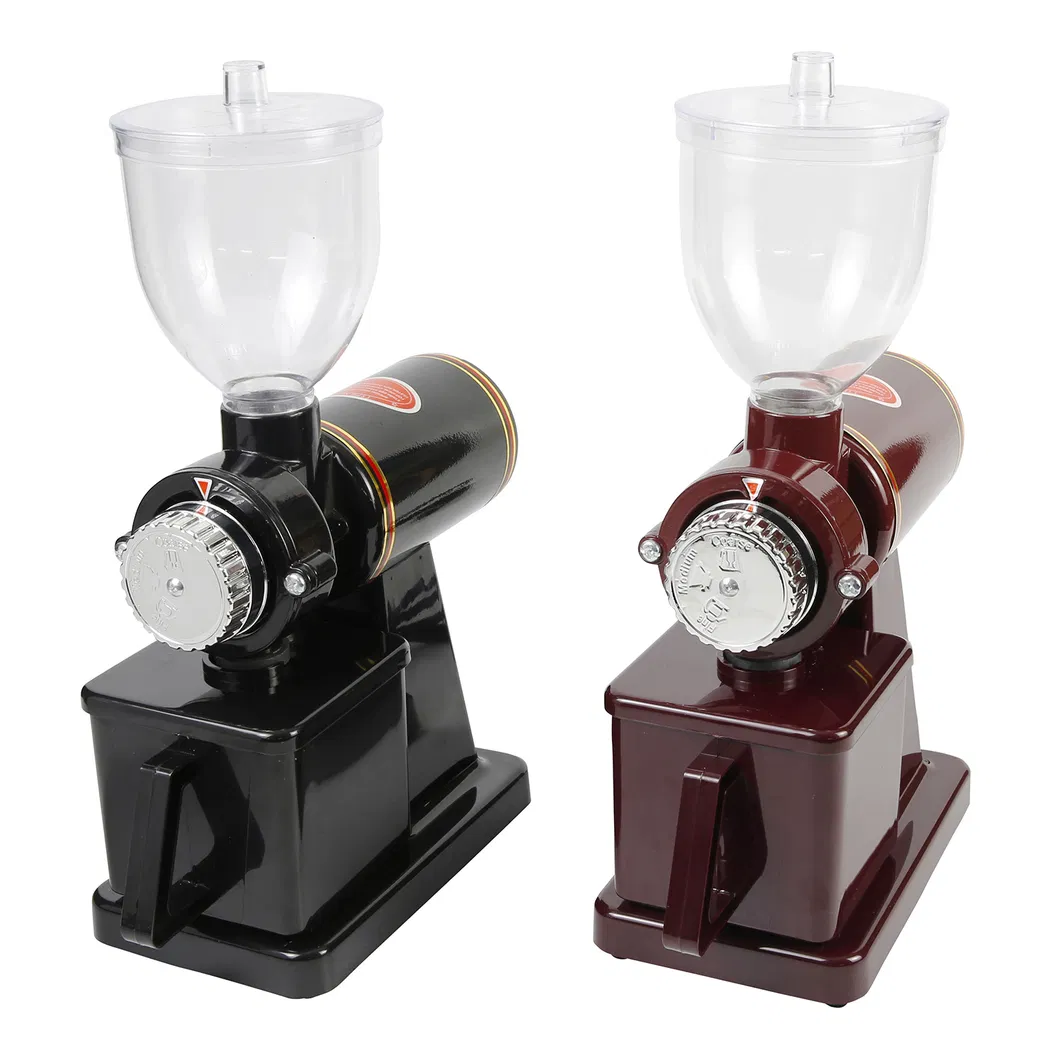Industrial Coffee Mill Guide: Increase Effectiveness and Top Quality
In the affordable landscape of coffee manufacturing, picking the ideal commercial coffee mill plays a pivotal role in enhancing both performance and product quality. Understanding the nuances of various mill types and essential attributes-- such as customizable work setups and durable building and construction-- can dramatically influence the last taste account of the coffee.
Comprehending Grinder Types
When selecting an industrial coffee mill, recognizing the various types available is important for enhancing both taste removal and functional effectiveness. Both primary kinds of mills are blade grinders and burr mills. Blade mills utilize sharp blades that cut coffee beans right into inconsistent sizes, bring about uneven extraction and possibly unfavorable flavors. While blade mills are frequently much more appropriate and budget-friendly for small-scale procedures, they are normally not recommended for commercial use.

Inevitably, choosing the appropriate kind of grinder is important to maintaining high quality and efficiency in coffee production, making it vital for businesses to buy top quality burr mills for optimum results.
Secret Attributes to Think About
Picking a commercial coffee mill requires cautious factor to consider of a number of vital features that can dramatically influence both performance and the general coffee experience. Among the primary elements to examine is the grinding device. Burr mills are generally chosen over blade grinders, as they supply a regular work dimension, which is essential for ideal extraction and flavor.
An additional essential attribute is the mill's capacity. Depending upon the volume of coffee you need to process, choose a design that can handle your requirements without compromising rate or top quality. In addition, take into consideration the work setups supplied. A functional mill with several setups enables you to tailor the grind size to different developing approaches, boosting the coffee's taste account.
Assess the mill's noise degree, especially in an active café or manufacturing atmosphere, where too much noise can be turbulent. Investing in a mill that balances these functions can greatly improve both functional effectiveness and the quality of the coffee served.
Optimizing Grinding Refine
To accomplish the ideal outcomes in coffee preparation, optimizing the grinding process is necessary. The work dimension significantly influences extraction, flavor, and general high quality of the made coffee.


Additionally, keeping track of the grinding speed can enhance the process. Slower grinding commonly generates much less warm, protecting delicate tastes and scents. On the other hand, quicker grinding may produce extreme heat, negatively impacting the coffee's quality.
Maintenance and Care Tips
Proper upkeep and treatment of commercial coffee mills are necessary for ensuring optimum efficiency and long life. Normal cleaning is the foundation of maintenance; deposit build-up can impact flavor and grinding effectiveness. It is a good idea to clean up the grinder after each use, cleaning down the exterior and getting rid of any kind of coffee premises from the burrs.
Furthermore, examine the grinding burrs for deterioration. Boring burrs can compromise grind uniformity, so they must be replaced as essential. Industrial Coffee Grinder. Occasionally calibrating the mill is additionally vital, as this preserves the desired work size for various developing methods
Lubrication of relocating parts should be executed according to the maker's specs, as this lowers rubbing and prolongs the life of the tools. It is vital to use food-grade lubricating substances to make sure safety and conformity with health laws.
Finally, maintain the grinder in a secure go to this site and dry setting to stop corrosion and corrosion. By sticking to these upkeep and care pointers, operators can enhance the performance of their industrial coffee grinders while ensuring high-grade outcome and expanded operational life.
Roi Evaluation
Examining the return on financial investment (ROI) for industrial coffee grinders is vital for businesses seeking to enhance their coffee manufacturing capacities. A complete ROI evaluation helps identify the economic stability of investing in premium mills, allowing organizations to weigh the initial expenses versus prospective gains.
To carry out a thorough ROI evaluation, businesses ought to think about a number of crucial elements. Analyze the acquisition price of the grinder, including installation and any necessary modifications to existing framework. Next off, calculate functional prices, consisting of power consumption, maintenance expenditures, and labor performance enhancements. High-performance mills often bring about lowered grinding time and raised throughput, which can considerably boost performance.
In addition, think about the influence on item quality. Industrial Coffee Grinder. Superior mills produce an even more regular work size, which can enhance flavor profiles and client satisfaction, eventually driving sales. By enhancing the quality of the last product, services can validate higher prices, leading to raised profits
Verdict
In recap, a commercial coffee mill plays an essential click for source role in enhancing both efficiency and item quality within coffee production. Inevitably, the calculated financial investment in a trustworthy grinder adds significantly to enhanced income and competition in the coffee industry.
In the affordable landscape of coffee production, selecting the ideal industrial coffee grinder plays an essential duty in boosting both efficiency and product top quality. The 2 key types of grinders are blade mills and burr grinders. Within the burr mill classification, there are level burr mills and cone-shaped burr grinders, each with its advantages. Burr grinders are usually liked over blade mills, as they offer a regular work size, which is vital for ideal removal and flavor.
In summary, an industrial coffee grinder find here plays a critical function in improving both effectiveness and product top quality within coffee manufacturing.